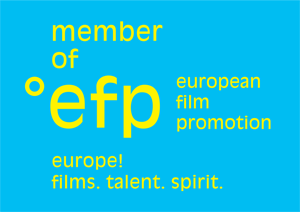Workingthestreets (Film) (Fare la vita)
by Tonino De Bernardi
original title:
Fare la vita
directed by:
cast:
screenplay:
cinematography:
editing:
set design:
production:
Lontane Province Film, RAI 3 (Fuori Orario), with the support of Film Commission Torino Piemonte
country:
Italy
year:
2001
film run:
100'
format:
colour
festivals & awards:
- IFFR - International Film Festival Rotterdam 2002: Out of Competition
- La Biennale di Venezia 2001: Nuovi Territori
- Mostra Internacional de Cinema 2001: Section: International Perspective
A Neopolitan hustler named Antonello is living his life in Torino. He turns tricks as a transvestite, using the name Rosatigre, or more commonly, Rosa. His closest pal is Wanda, who exercises the same “profession” and, being his best friend, is also the incarnation of his feminine alter ego. While we watch the two of them hanging out on the street, sweet and carefree as the young Moll Flanders, we eavesdrop on their exchange of confidences and learn the secret details of their private lives. Wanda could have been a teacher but she preferred the street, where she can indulge her sentimental, dreamy nature in sighing over the "Americano" she once met in Naples, for whom she still carries a torch.
For his part, Antonello-Rosa harbors the dream of becoming a singer, of unleashing his creativity in song. We even hear him sing during the course of the film. Thus we watch him in a series of relations with men, his clients, with whom he can't help trying to find true love, notwithstanding the obvious difficulties and complications inherent in meeting them in the "marketplace".
The film evolves in a circular narrative cycle, like life itself does (a constant in De Bernardi's films). We also meet a gallery of men, who each embody a certain way of being male today, also within their quest to experience the trasgressive. Thus, a varied and colorful human microcosm is composed, consisting of the two leading ladies, the other "working girls", the men who seek them out, all set off against the many ambiences of Torino -- a northern city -- so different from Naples, if not the exact opposite.







